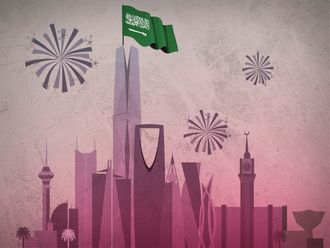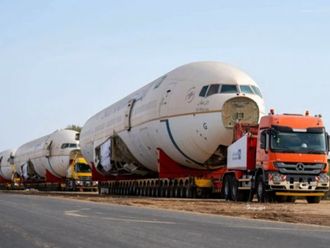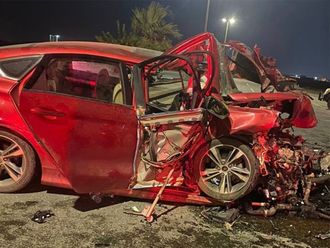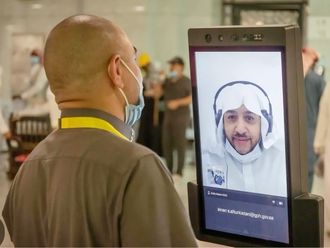Tehran: Iran plans to try in absentia 26 U.S. officials is believes violated human rights, the latest attempt to turn the tables on Western accusations about Tehran's rights record.
Lawmaker Esmail Kosari told Monday's newspapers the Americans would be tried in absentia and their files passed on to international tribunals. He did not identify the officials but it is likely they are the same people listed on a parliamentary bill to be subjected to Iranian sanctions.
They include former Defense Secretary Donald Rumsfeld, his deputy Paul Wolfowitz, and military commanders at U.S. detention centres Abu Ghraib in Iraq and Guantanamo Bay, Cuba.
There was no immediate comment on the Iranian move by the U.S. authorities.
The sanctions motion, which has yet to be approved by the full parliament, came after the U.N. Human Rights Council appointed a special investigator to look into human rights abuses in Iran .
Lawmakers have called on the government to ban Ahmed Shaheed, a former Maldives foreign minister, from entering the country.
Iran rejects accusations about its human rights record and denies it used excessive force to crush protests after the disputed re-election of hardline President Mahmoud Ahmadinejad in June 2009.
Tehran says U.S.-led wars in its neighbours Iraq and Afghanistan resulted in massive human rights violations. "The Islamic Republic will diligently pursue the trials of these people and will support the legitimate rights of the oppressed people of the world," Kosari was quoted as saying by Qods daily.
It was not immediately clear whether the judiciary had taken a formal decision to prosecute the officials. Kosari said parliament would vote on the sanctions bill in a few weeks' time.
Any Iranian sanctions are unlikely to have much impact since U.S. officials are unlikely to have assets in the Islamic Republic or any plans to travel there and any prosecution of a U.S. citizen in absentia in Iran would also appear to be largely symbolic.
The United States has imposed several rounds of sanctions on Iran since the 1979 Islamic revolution.
In recent years it has secured U.N. Security Council backing for sanctions aimed at the Iranian nuclear programme that Washington says is aimed at making a bomb but which Iran insists is purely peaceful.
Last year it started blacklisting senior Iranian officials it says were responsible for human rights abuses during the crackdown of post-elections protests.












